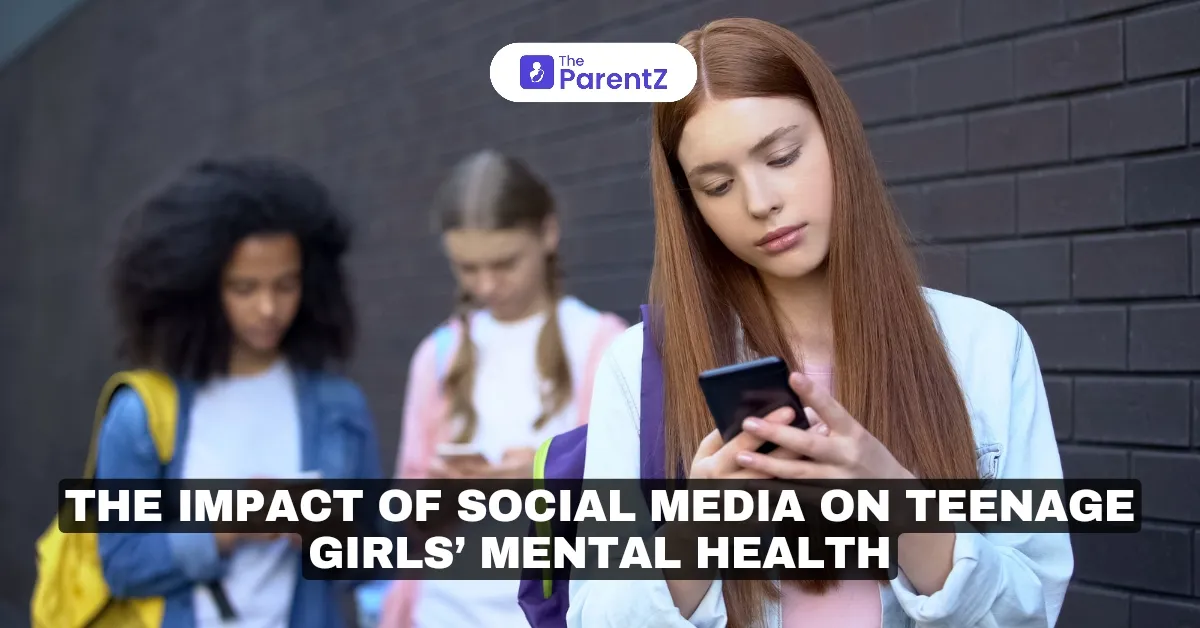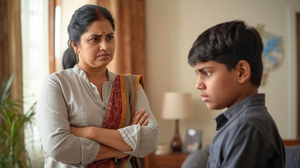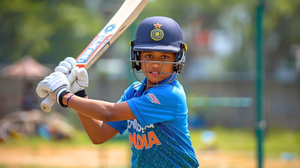Teenage girls and social media is a complex relationship.
On one hand, while social media gives the opportunity to communicate and connect, at the same time, it’s also a ticking time bomb for self-esteem and mental health.
The craze for TikTok, Instagram, and Snapchat is undeniable. And so are the consequences!
Read below this interesting article to learn how social media can impact the mental health of teenage girls and, as parents, how you can help them achieve the perfect balance while navigating the crucial teenage years and surfing social media.
The Double Edge
For teens, social media is certainly the best approach for making new connections. Chatting with friends, posting selfies, or finding like-minded individuals, social media can feel like the lifeline, especially during these sporadic teenage years. However, the harsh reality is—social media can act as both a friend and a frenemy.
According to a survey, almost 59 percent of teens in the U.S. alone have undergone some kind of online harassment and bullying. Of these, girls experienced more emotional harm than boys.
Therefore, it is important to know that these platforms they’re using to connect can sometimes be toxic playgrounds for cyberbullying and anxiety.
Selfie Culture: The Picture Perfect Pressure
According to the Royal Society for Public Health, Instagram was rated the worst social media platform for young people's mental health in a 2017 survey, with teenage girls being the most affected.
The rise of body image issues, eating disorders, and low self-esteem have skyrocketed over the last few years. This is because teens constantly feel the urge to compare themselves with others.
The truth is—not even the influencers look like their Instagram photos in real life. And the pressure to look flawless and maintain a perfect lifestyle to rack up some lives can be emotionally draining.
In fact, no filter can cover the emotional roller coaster that comparison triggers.
Or, in simple words, how many times can you see another avocado toast and still feel good about your cereal breakfast? The answer is—this picture perfect pressure is real!
FOMO: The Fear of Missing Out
The Fear of Missing Out (FOMO) is actually real, and social media has made it even more intense for teenage girls.
That is to say, if their friends are attending an event where they did not get invited to, they will know within a couple of hours over Instagram stories or Snapchat. This eventually creates a cycle of anxiety where teens constantly feel like they’re not doing enough. Or may not be popular!
According to a survey, almost 54% of teens feel that social media often distracts them from the people they are with in real life. The key is to remain connected to the present moment.
Depression and Anxiety
It’s no surprise that the rise in the use of social media has voted for higher cases of depression and anxiety in teenage girls.
According to a report released by the Centers of Disease Control and Prevention (CDC) in 2021, almost 57 percent of teenage girls in the U.S. alone felt sad or hopeless. And social media plays a huge role in evoking those feelings to the next level.
While the platforms are themselves addictive in terms of design, the problem is further extravagated by endless scrolling and the ‘always on’ notifications, which makes it difficult for children to stay away from social media despite realizing that it is bad for their mental health.
Takeaway
While social media is here to stay, it is important for teenagers especially girls to learn how to make the best use of social media in a healthy way. Let them know that is is normal to not have an online presence. After all, life is like Snapchat filters and is better with a little bit of realness. Let your girls know they are enough both online and off!





Be the first one to comment on this story.